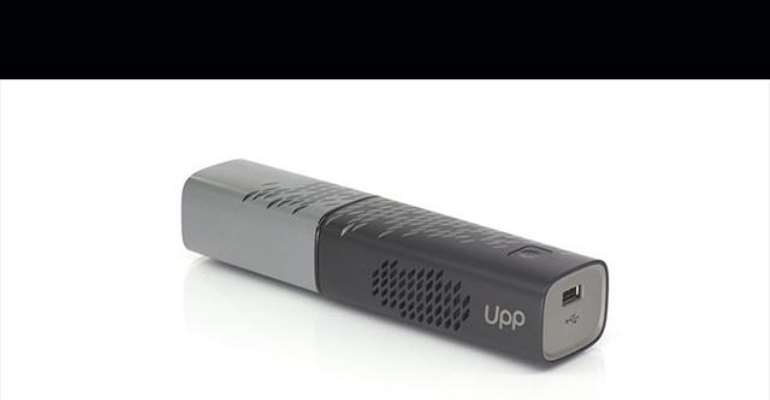Hydrogen smartphone chargers for Africa introduced

A British company has introduced world’s first hydrogen fuel cell mobile phone chargers Portable mobile phone chargers relying on hydrogen fuel cells will be rolled out in Africa to help overcome impacts of frequent power shortages.
British company Intelligent Energy unveiled the world’s first hydrogen fuel-cell charger for tablets and smartphones yesterday and plans to deliver about 1 million of these devices to users in Nigeria and South Africa in mid-December after having tested the technology in Nigeria over the past five months.
“In emerging markets where the grids are not reliable and people are using (mobile phones) as a primary device, it is mission critical; if you’re out, you’re out,” said Intelligent Energy's managing director Amar Samra during a telecoms conference in Cape Town.
The chargers are designed to help spread smartphones and tablets across countries where mobile phones have already helped to transform lives and businesses.
Industry body GSMA, representing about 800 of the world’s mobile operators, said in its latest report smartphones play a crucial role in improving mobile Internet access in developing countries of sub-Saharan Africa. Currently, only about 4 per cent of the population in these regions has good Internet access - a much lower proportion compared with the global average of 17 per cent.
“Alternative sources of power are very important, because smartphones and other devices need lots of power and you need to charge up every four hours, so for a businessman it is crucial,” said Melvin Angula, an engineer attending the conference.
The hydrogen chargers, easily fitting into a handbag, consist of a fuel cell and a non-disposable cartridge that can be detached when exhausted. Intelligent Energy foresees refuelling the cartridge will cost less than $5, meaning single phone recharging would amount to less than $1. The entire charger will cost under $200, although options are being considered to include $10 a month for a two-year contract or getting it for free.
“We always have problems with cell batteries, so everybody will be keen for portable energy. But, it has to be the right price for it to fly in our markets,” said businessman Thabo Magagula, who also attended the conference.
Intelligent Energy might have been the first but not the only company looking into ways how to secure sustainable energy resources for Internet connectivity to the developing world.
A Japanese company Aquafairy has been developing a similar charger based on fuel cells, while Dubai-based developer Solarway, have launched solar powered kiosks designed for communities that are not linked to a power grid, each capable of charging up to 40 cell phones a day [Credit: Intelligent Energy]
